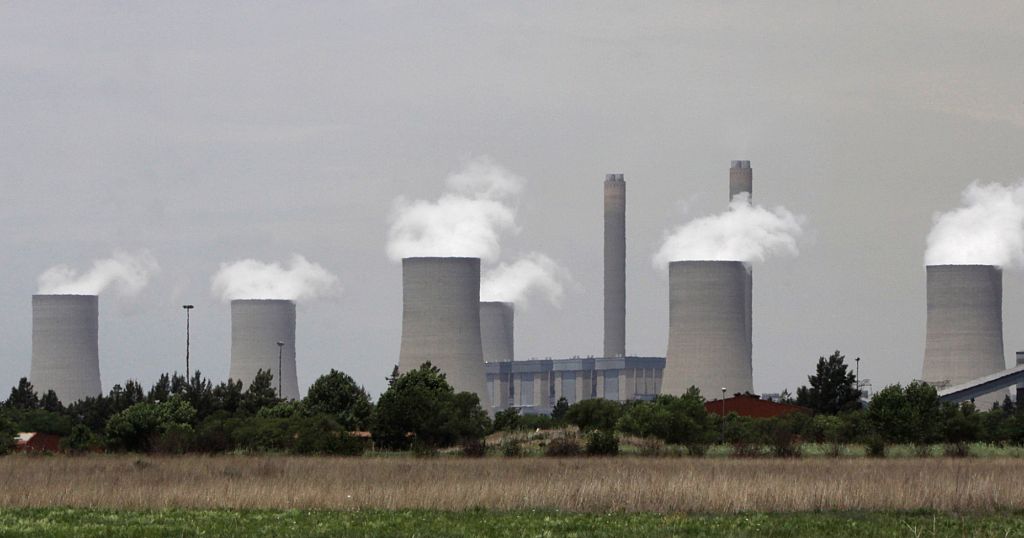South Africa’s state-owned utility company, Eskom, has reported a significant turnaround in its financial performance, posting a 16 billion rand profit for the financial year ending in March 2025. This marks the company’s first full-year profit since 2017, following an eight-year period of losses. The improvement is attributed to government debt relief, higher tariffs, and a reduction in power cuts.
Eskom, Africa’s largest electricity producer, had previously struggled with financial difficulties, incurring a loss of 55 billion rand in the preceding year. However, the company’s fortunes have changed, with a notable decrease in power cuts. According to Reuters, the number of power cuts was reduced to just 13 days in the last financial year, down from over 300 days in the previous year.
The reduction in power cuts is a positive development for South Africa’s economy, which has been hindered by frequent outages. The economic impact of these outages has been significant, draining state resources and undermining growth. Despite this, Eskom’s improved financial performance has sparked hope for the company’s future.
Eskom has announced plans to reinvest its profits into electricity infrastructure, a move aimed at strengthening the company’s operations and improving its services. However, the debt owed to Eskom by municipalities remains a concern, posing a potential threat to the company’s long-term financial stability. Municipalities and metropolitan areas in South Africa, which account for 42% of Eskom’s sales, have been struggling to manage their debt, creating uncertainty for the company’s future.
The improvement in Eskom’s financial performance is a significant development for South Africa’s economy, which has been impacted by the company’s struggles. As the company looks to build on its progress, addressing the debt owed by municipalities will be crucial to ensuring its long-term financial stability. With its plans to reinvest in electricity infrastructure, Eskom is taking steps towards a more sustainable future, which is essential for supporting South Africa’s economic growth and development.
